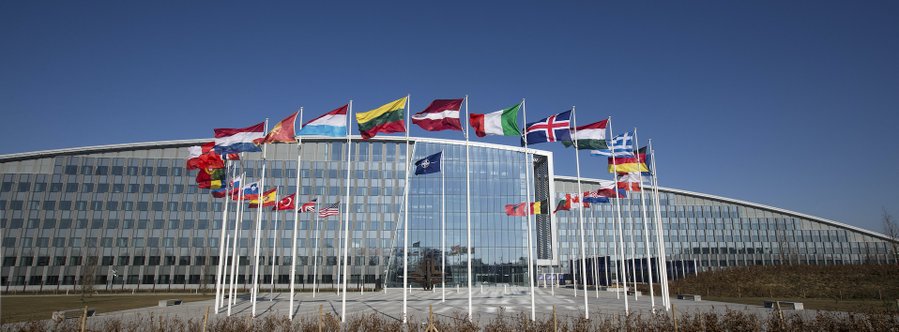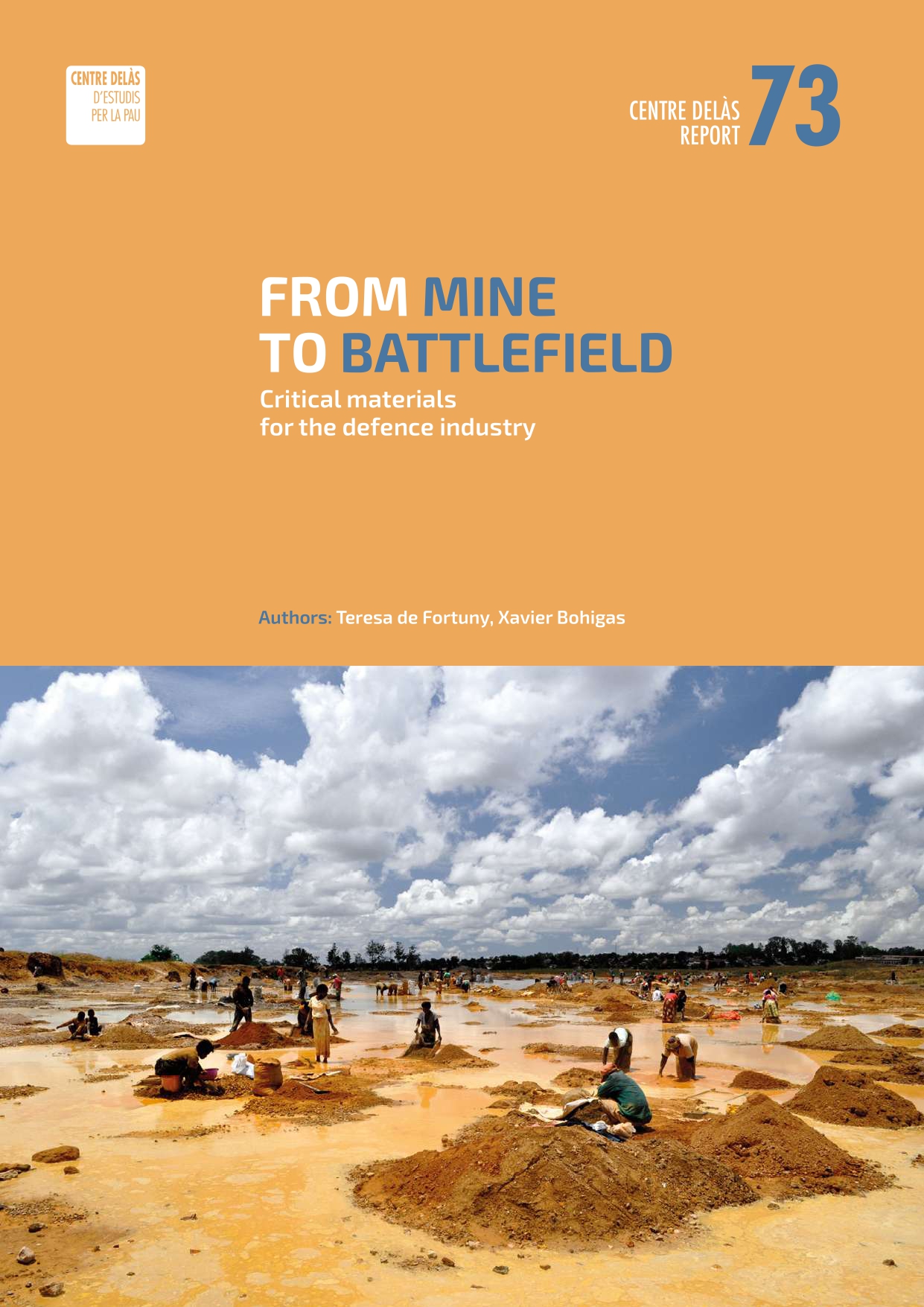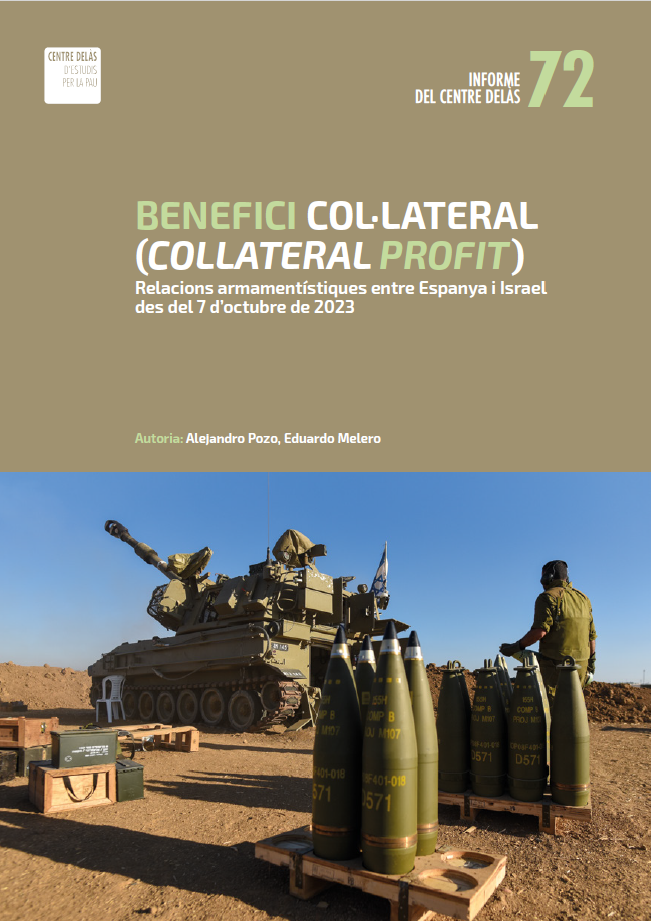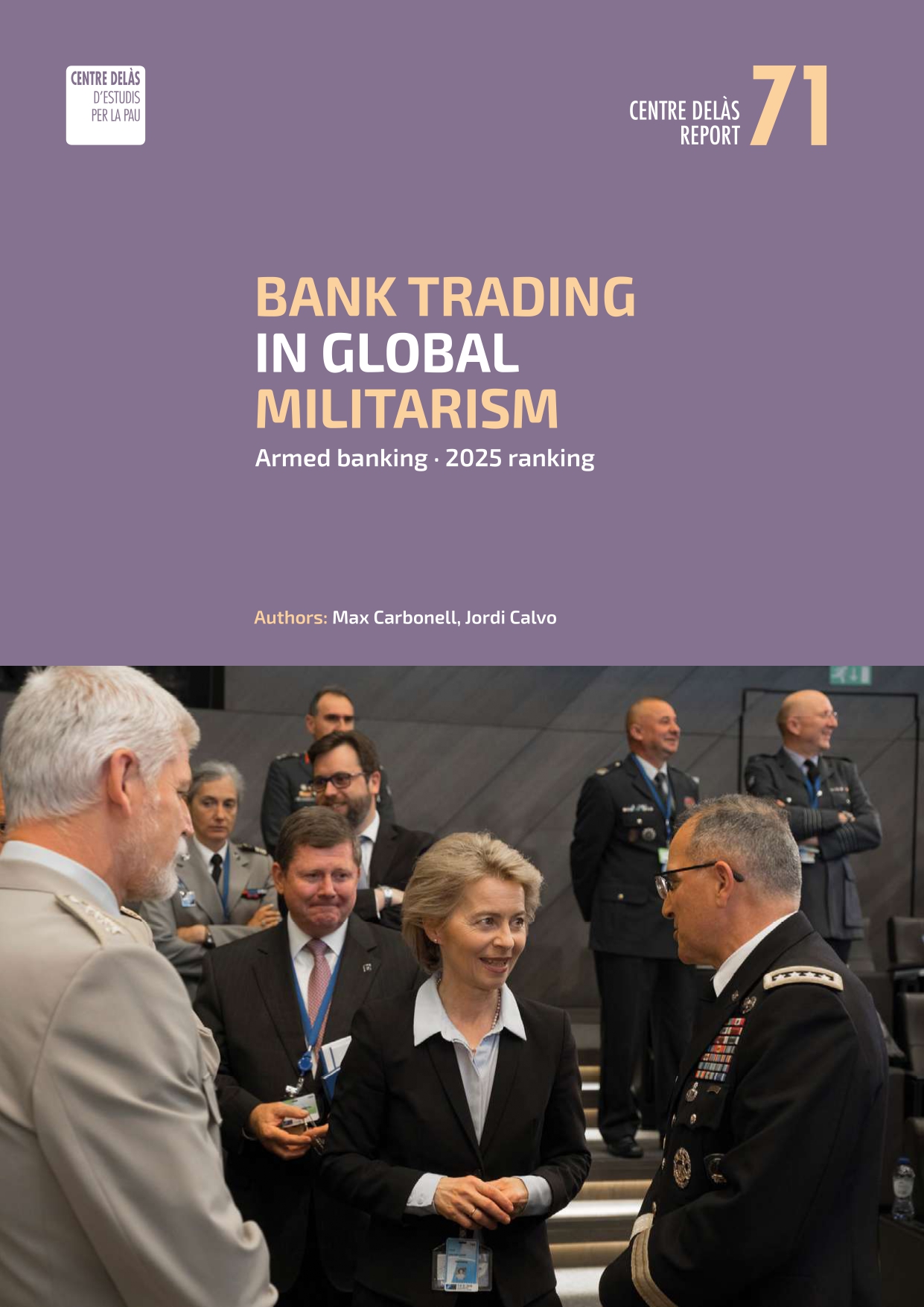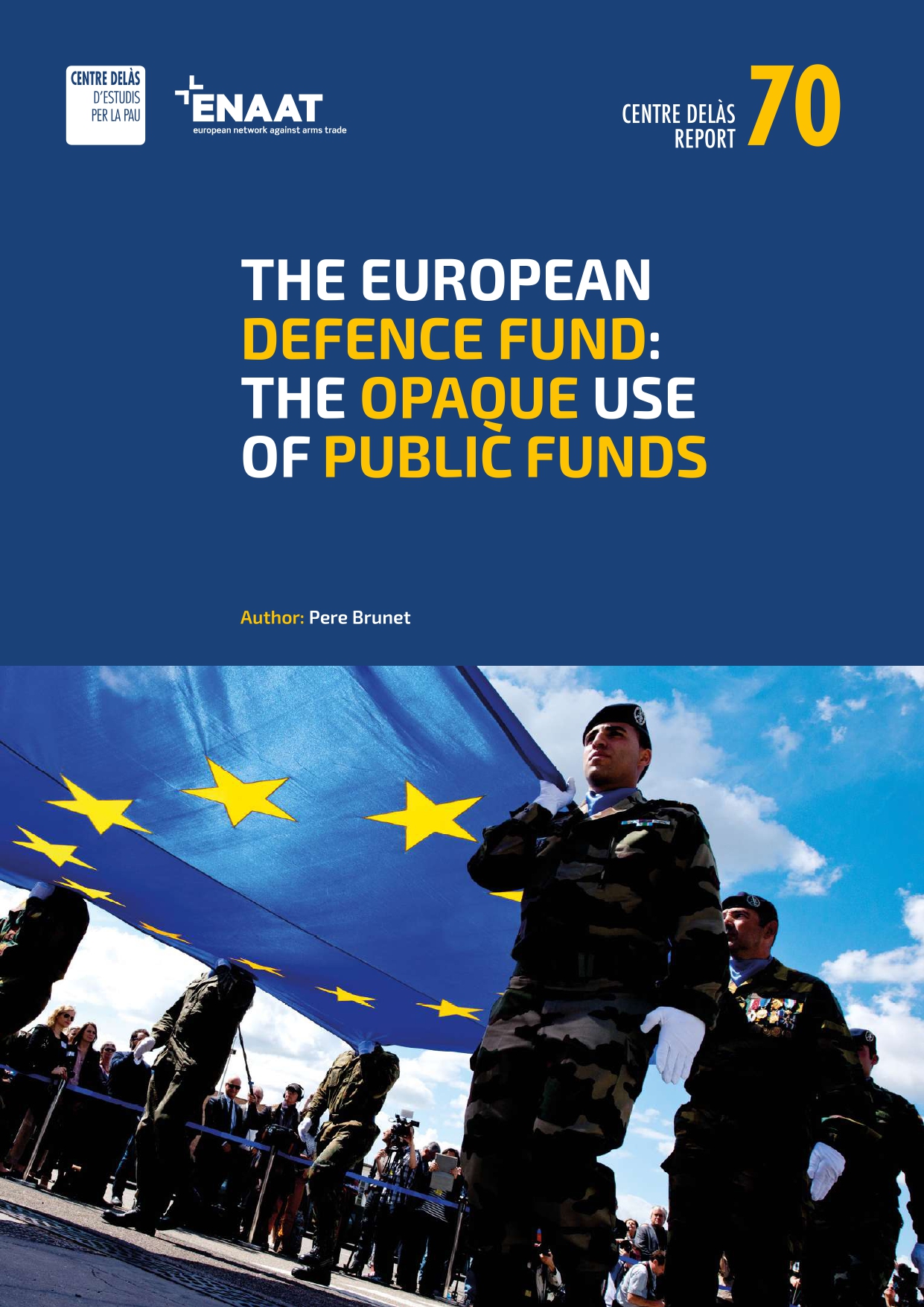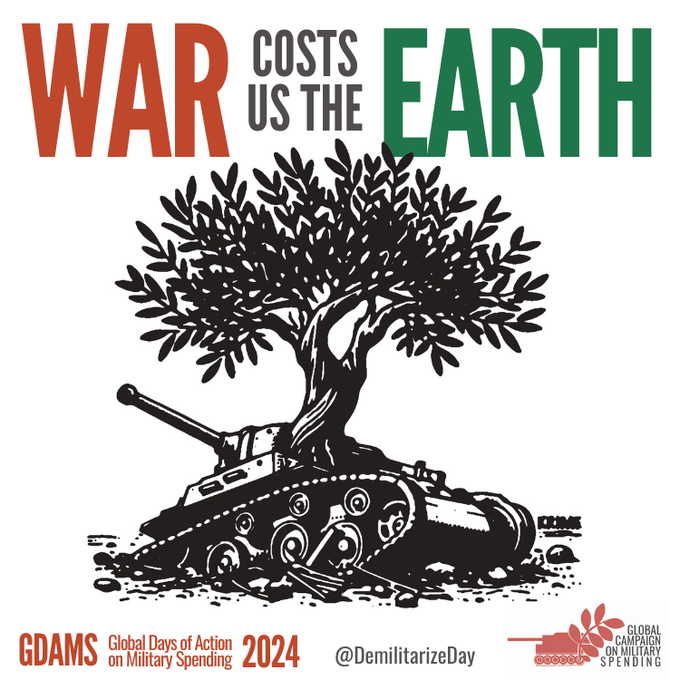Former world leaders exhort states to ratify the Treaty on the Prohibition of Nuclear Weapons
The Centre Delàs d’Estudis per la Pau, as a member of ICAN, welcomes the letter in which former political leaders such as Javier Solana or Ana Palacio request the signing of the International Treaty for the Abolition of Nuclear Weapons also by countries that support in any way nuclear power contries. The Spanish coalition government must fulfill its commitment to sign the treaty and thus contribute to world peace with a true peace-building measure, such as taking steps towards eliminating the nuclear threat.
Fifty-six former presidents, prime ministers, foreign ministers and defense ministers from 20 member-state countries of NATO, as well as South Korea and Japan, have emitted an open letter encouraging countries to join the Nuclear Weapons Ban Treaty.
In addition to some former PM such as Jóhanna Sigurðardóttir and Jean Chrétien, among the co-signers, we can find the former Secretary-General of the UN, Ban Ki-moon, as well as two former Secretaries-General of NATO, Javier Solana and Willy Claes.
After three years of the treaty’s negotiation in the UN, this initiative has gained more importance than ever before, not only because it is the most relevant high-profile backing, but also because the treaty still lacks 6 ratifications to reach the goal of 50, which is needed to take effect. The relevance of the initiative is highlighted by Tim Wright, the Treaty Coordinator of ICAN: “We hope it will spark debate, including in parliaments, and help bring about shifts in national positions”.
By their signature, these leaders state that “nuclear weapons serve no legitimate military or strategic purpose in light of the catastrophic human and environmental consequences of their use”. Moreover, they acquire a full commitment to advocate towards nuclear demilitarization. Furthermore, the promoters of the letter alert on the increasing risk of a nuclear weapon detonation, regardless of its cause, as one of the major reasons to ratify the treaty.
The positioning of these former leaders is key due to the fact that their countries haven’t already signed the agreement, their posture based on the approach that those allies having nuclear power provide them with more security and a better geopolitical position. The letter challenges this approach and urges world leaders to follow the path of demilitarization as the only effective way to reach a more secure world.
This event, apart from pressuring the current leaders to sign the treaty, also points at the population aiming to raise awareness in the society regarding nuclear weapons. Public opinion plays a key role in the nuclear weapons debate and shaping their governments position. This reflexion is portrayed by Tim Wright’s words: “This letter is a reflection of the growing public opinion against nuclear weapons. We are confident that over time, with enough public pressure, these countries will come on board.”
Among all the support to this initiative, this open letter has had a remarkable repercussion, on the one hand because of the high profile of the co-signers and, on the other hand, because of the timing. The proposal is only six ratifications ahead to take effect which is key to avoid future crises. These leaders emphasize the fact that “we must not sleepwalk into a crisis of even greater proportions than the one we have experienced this year.”

